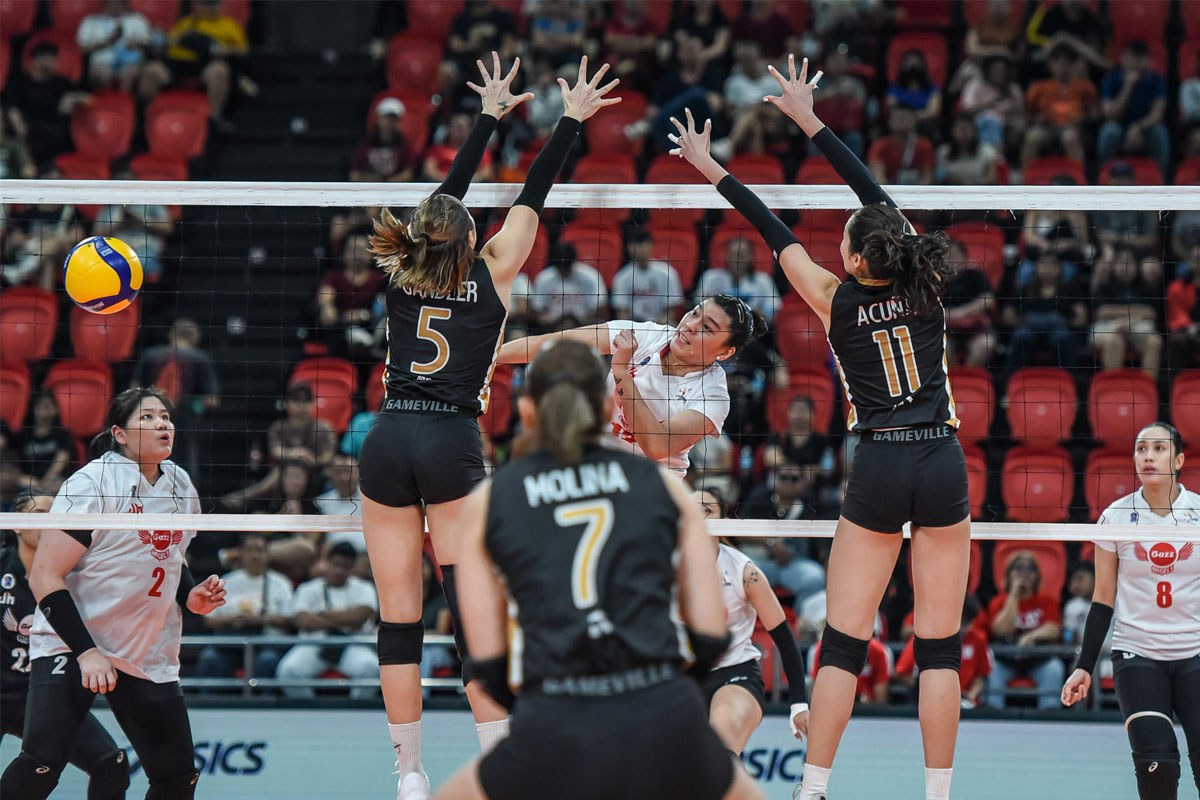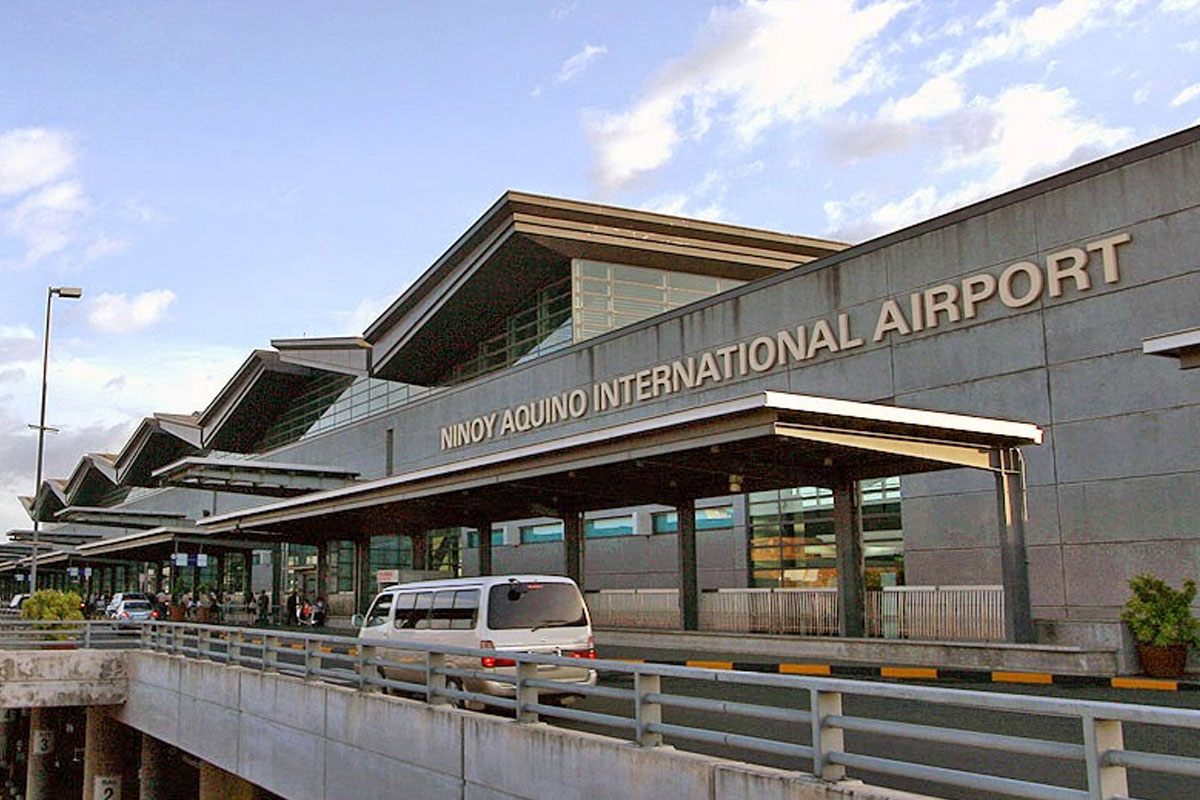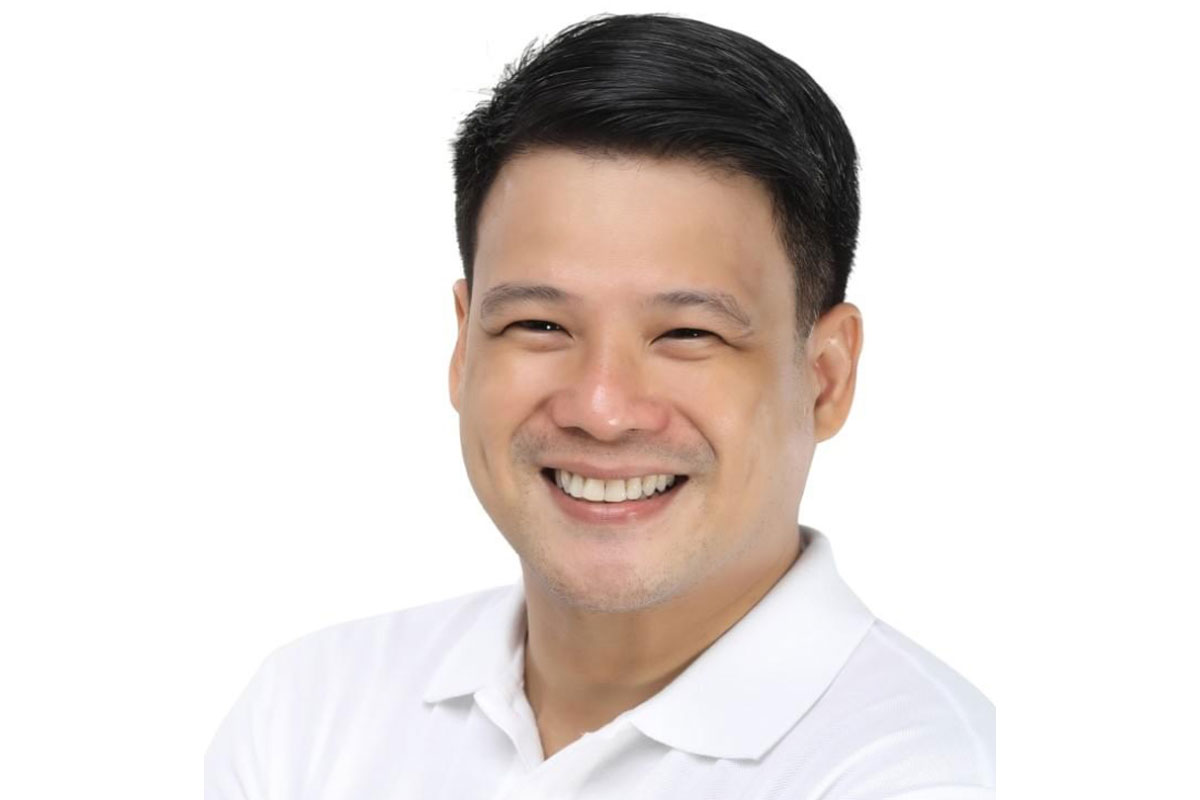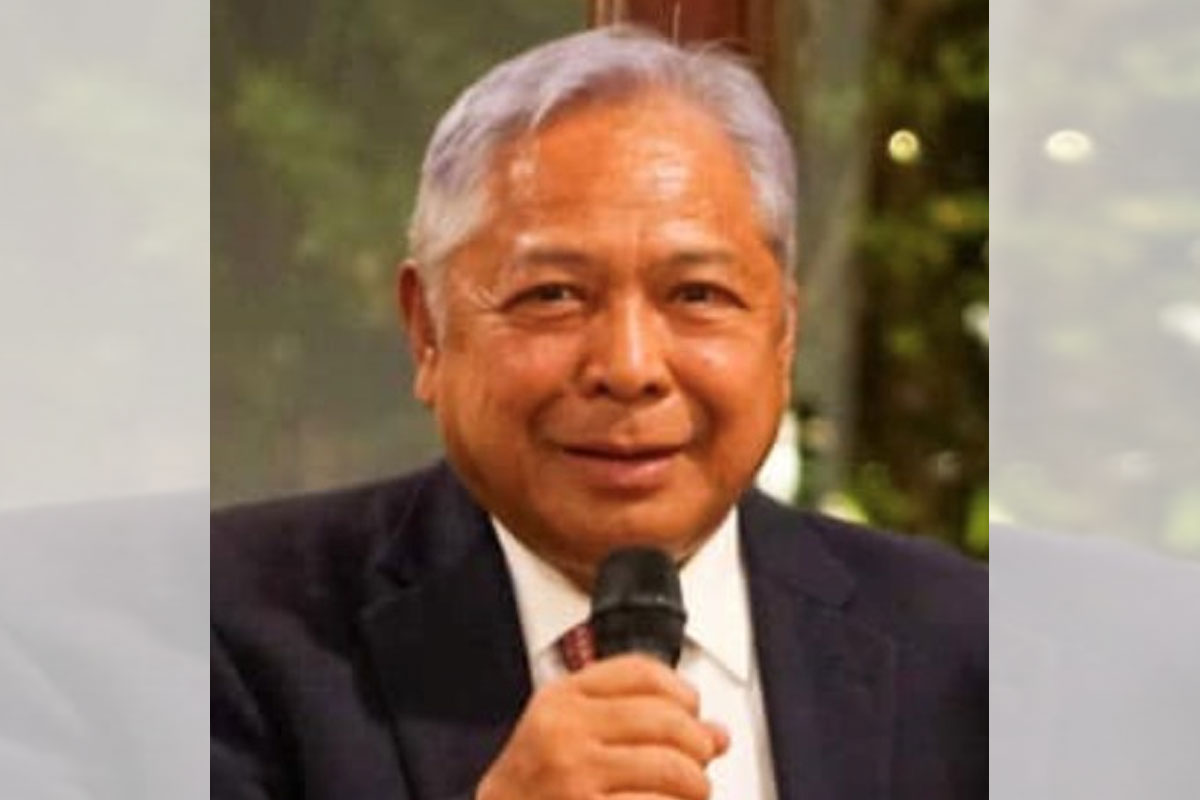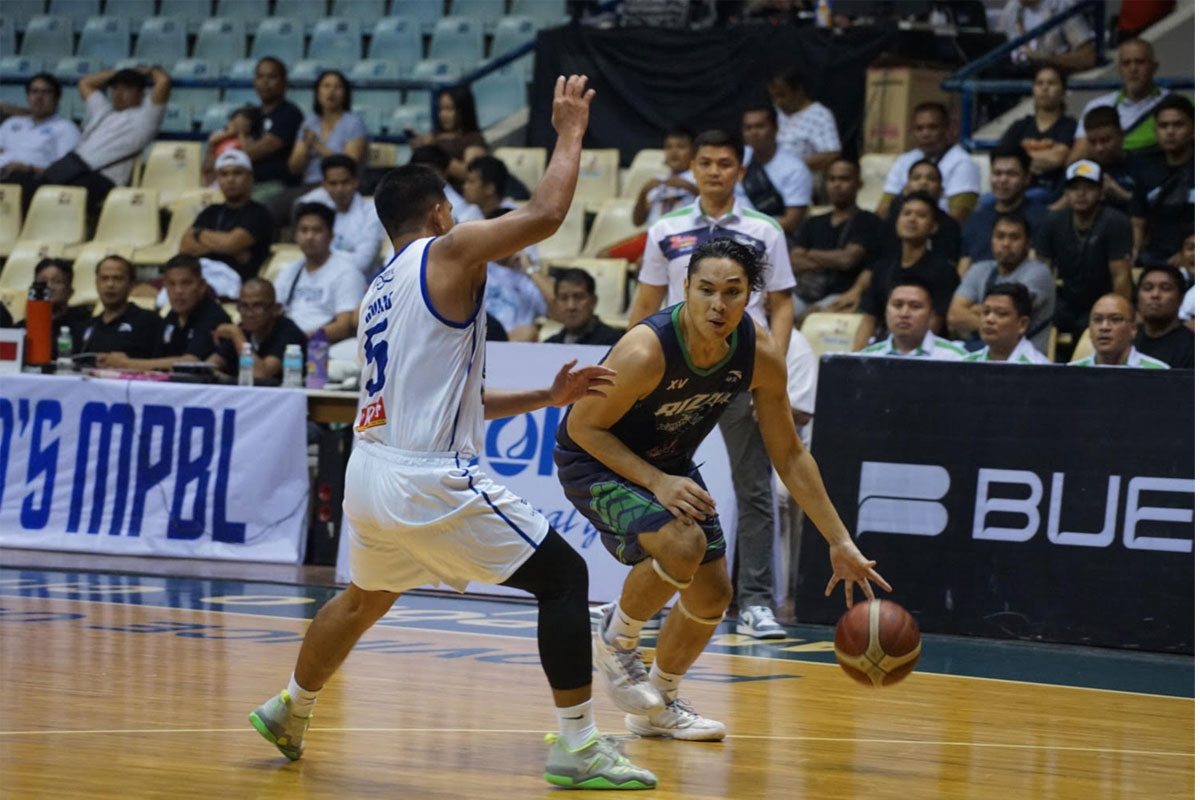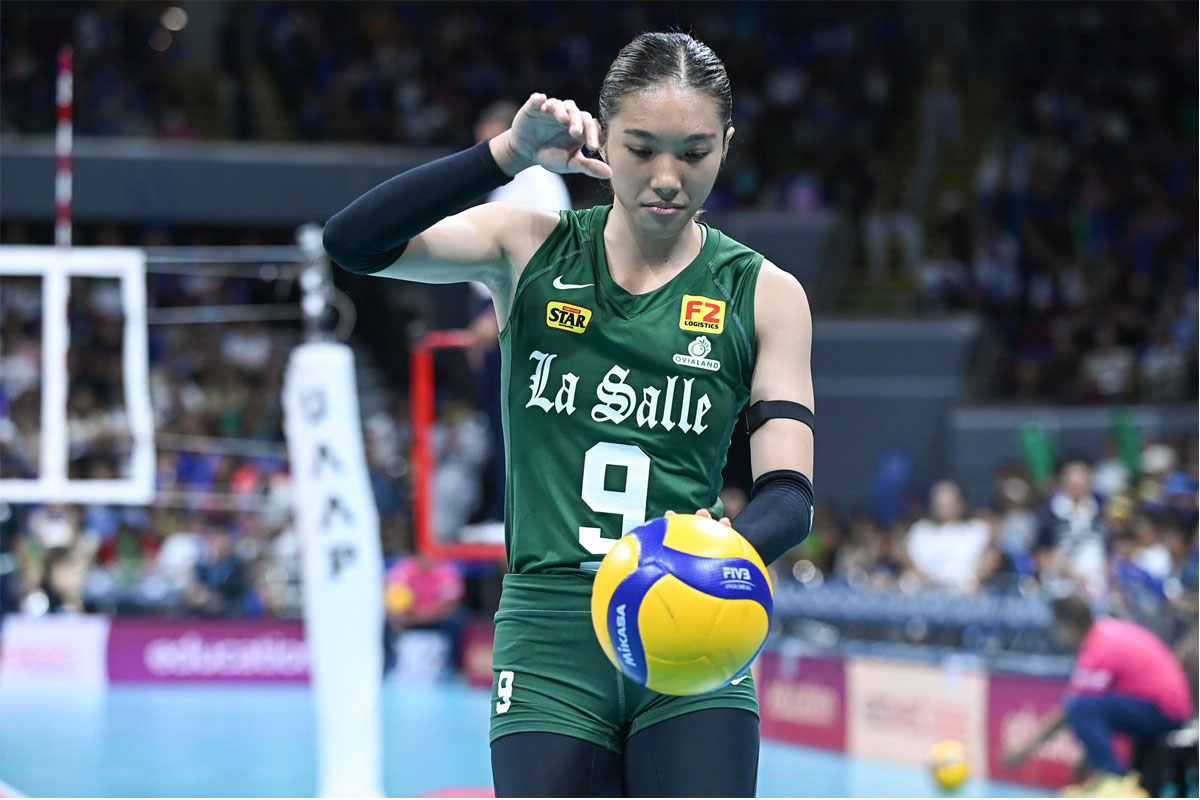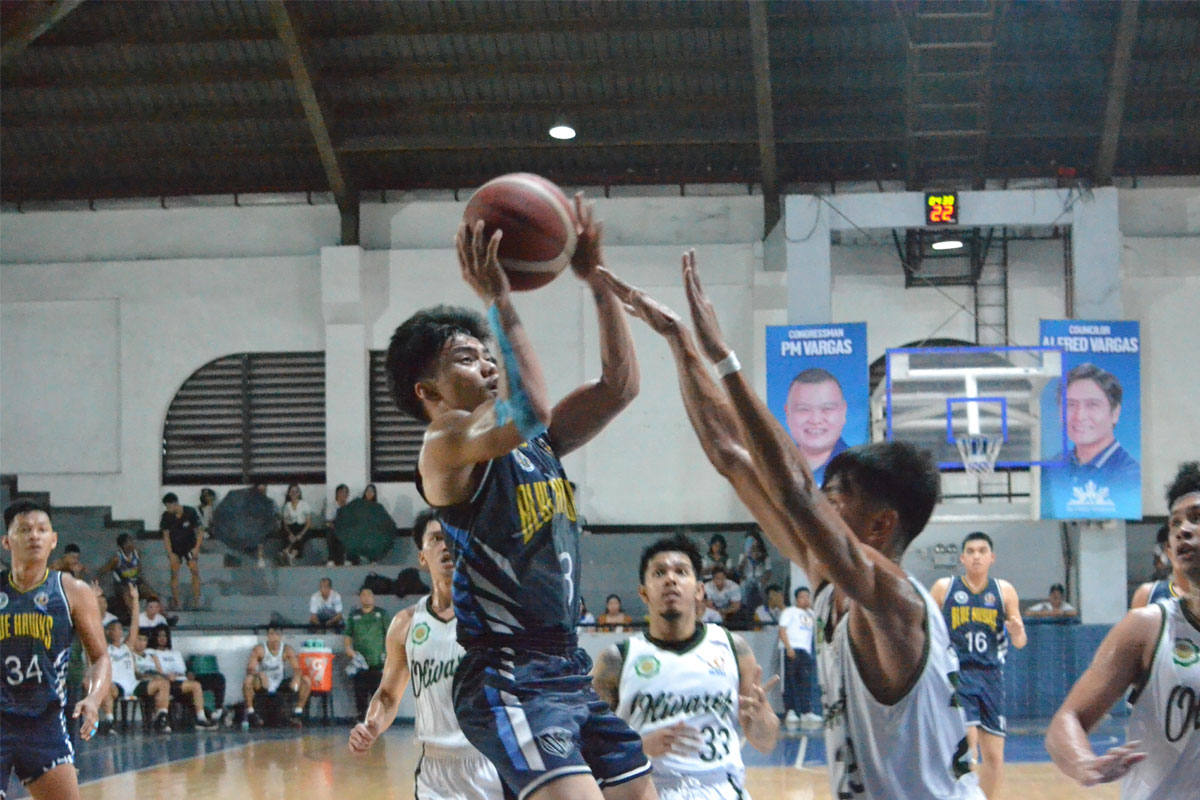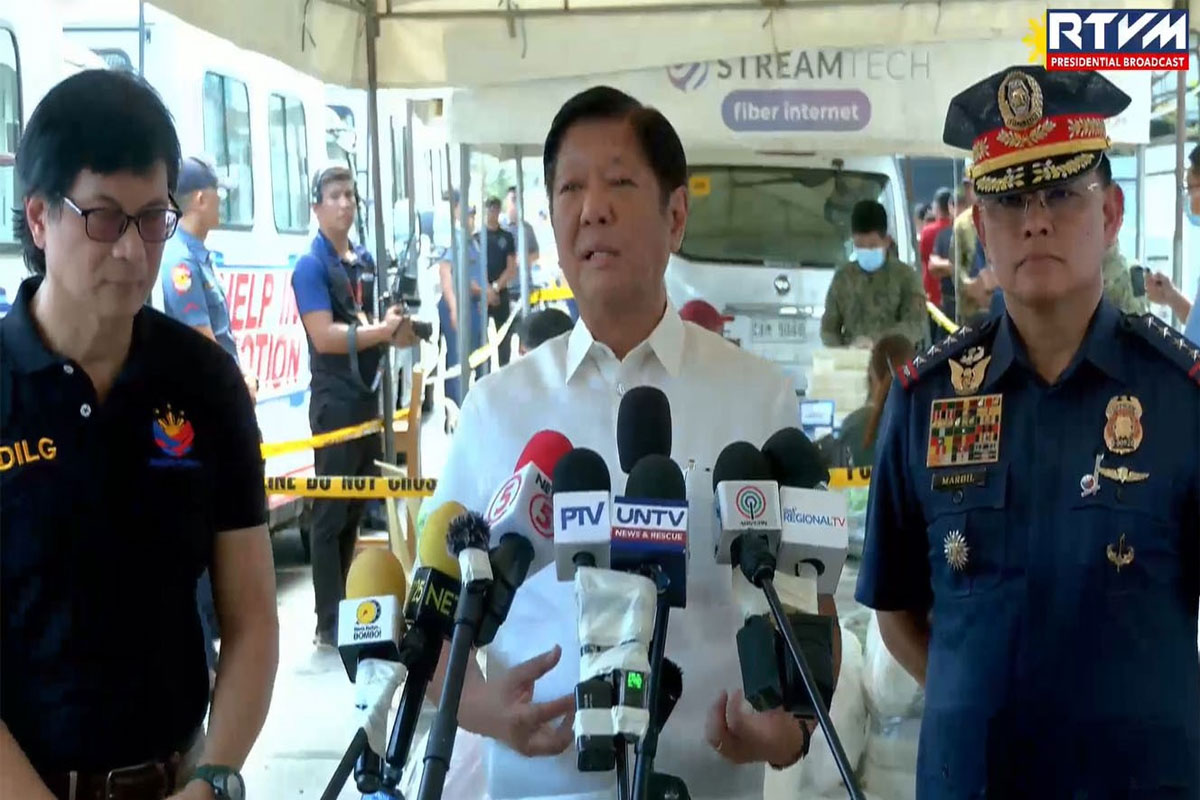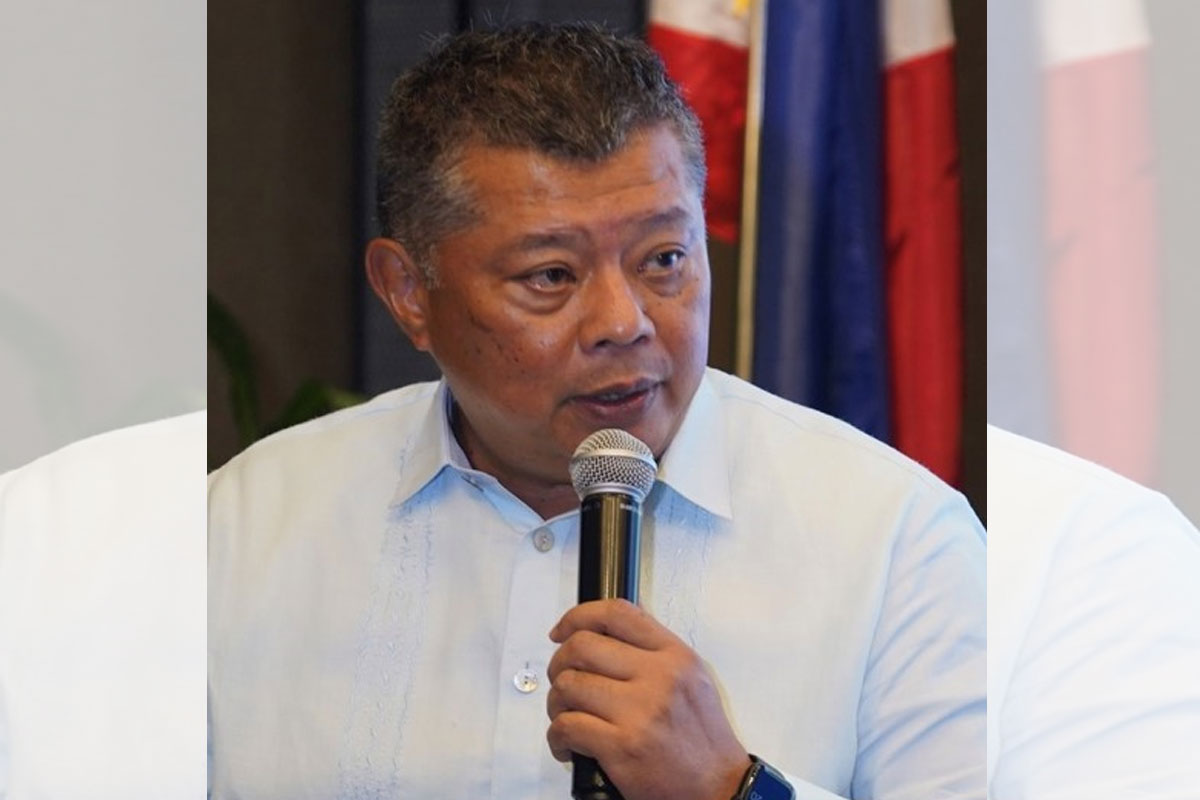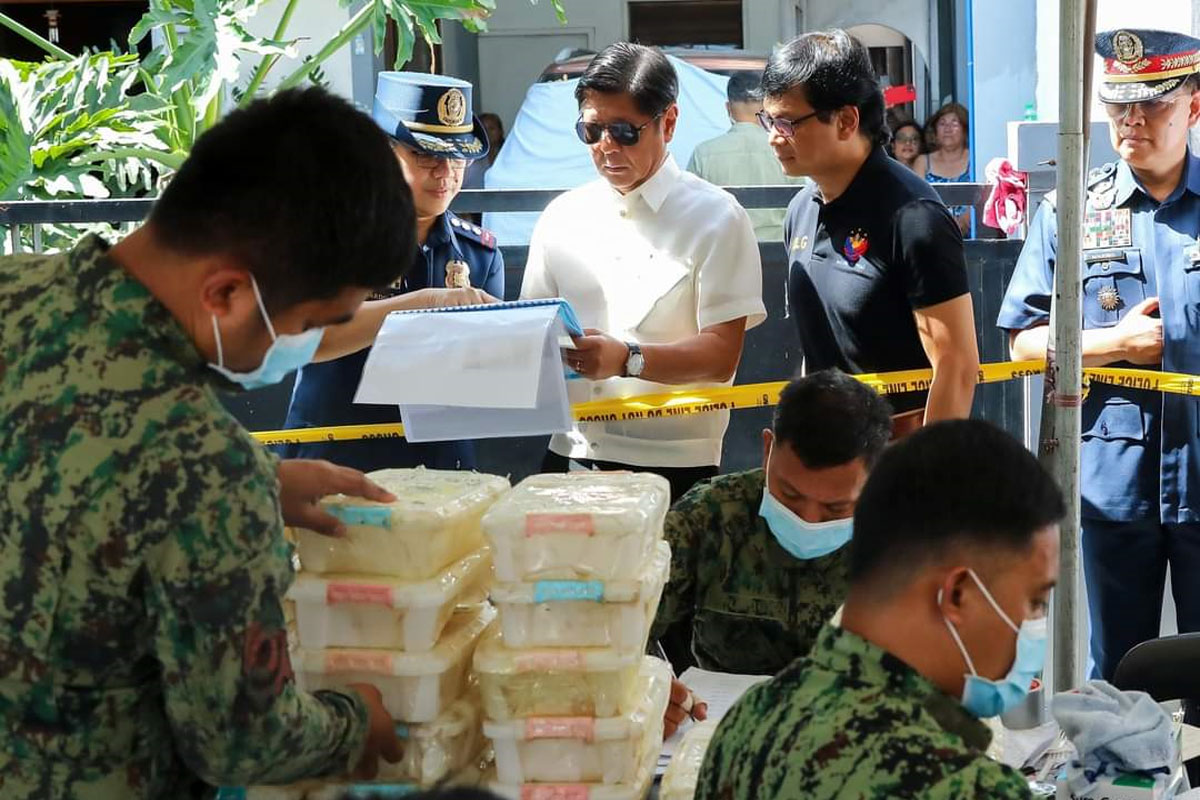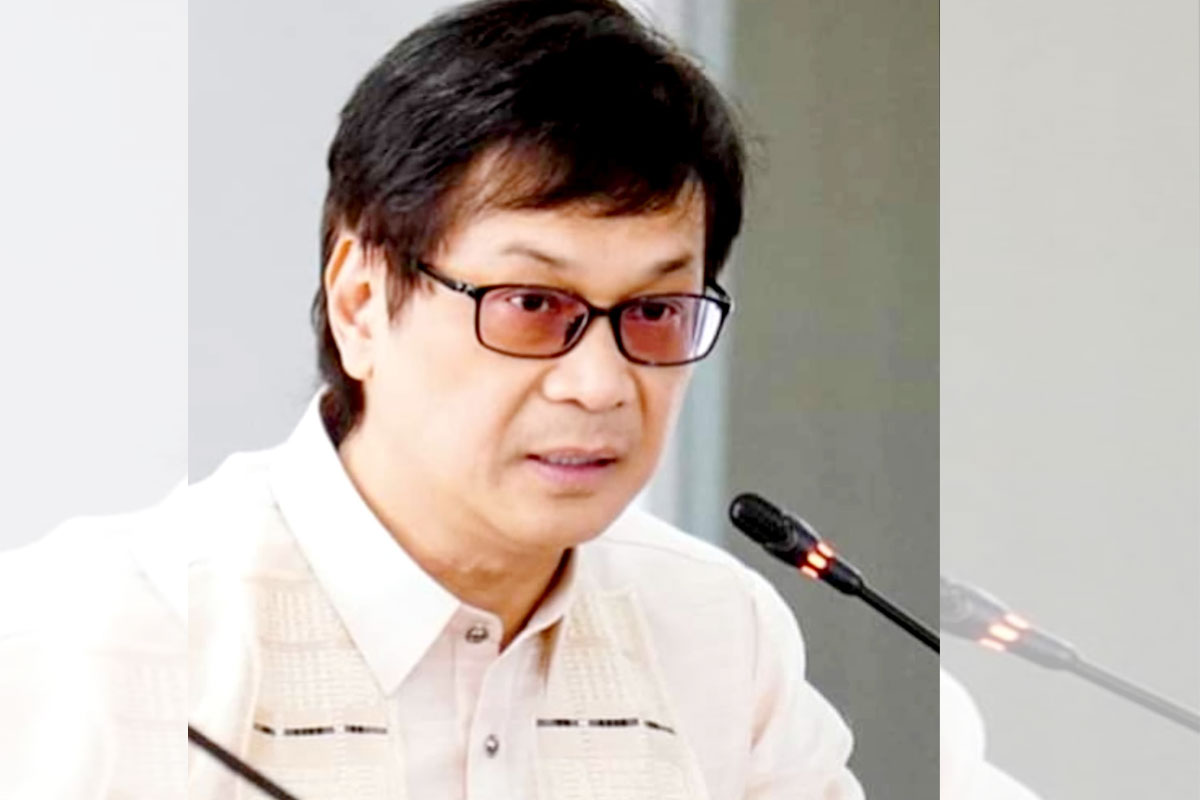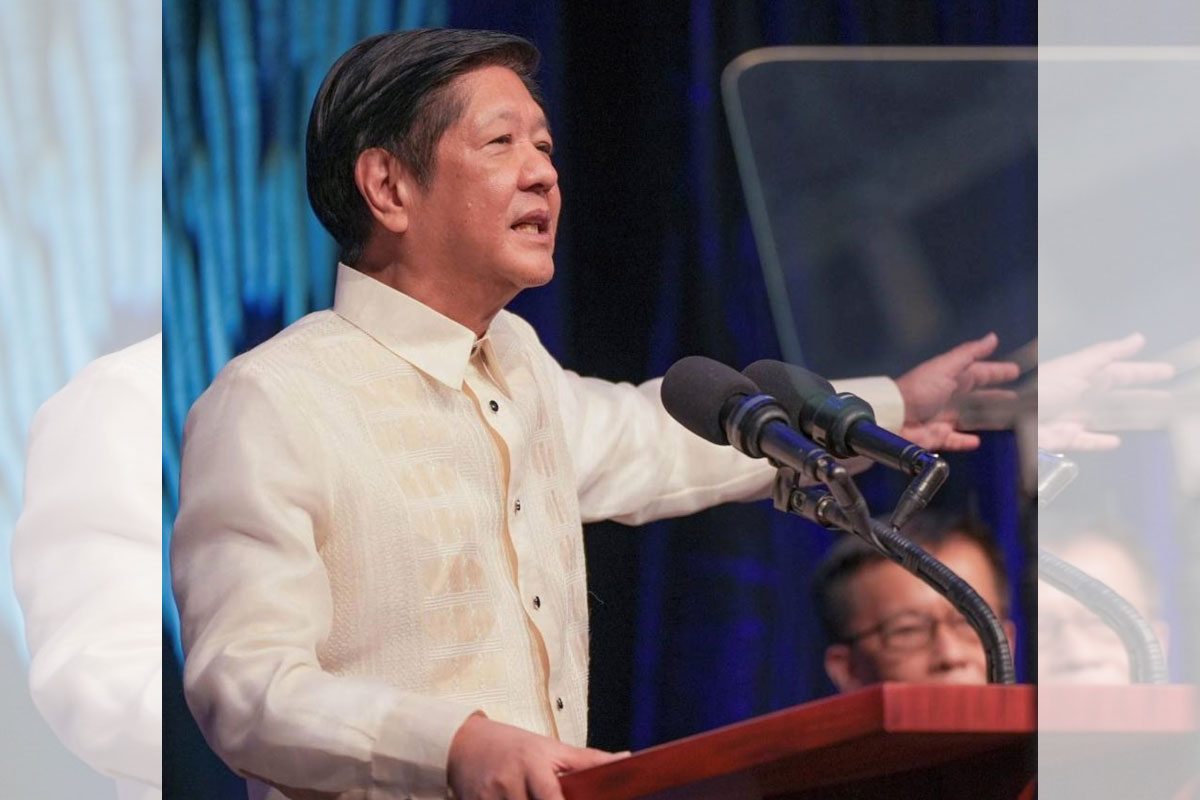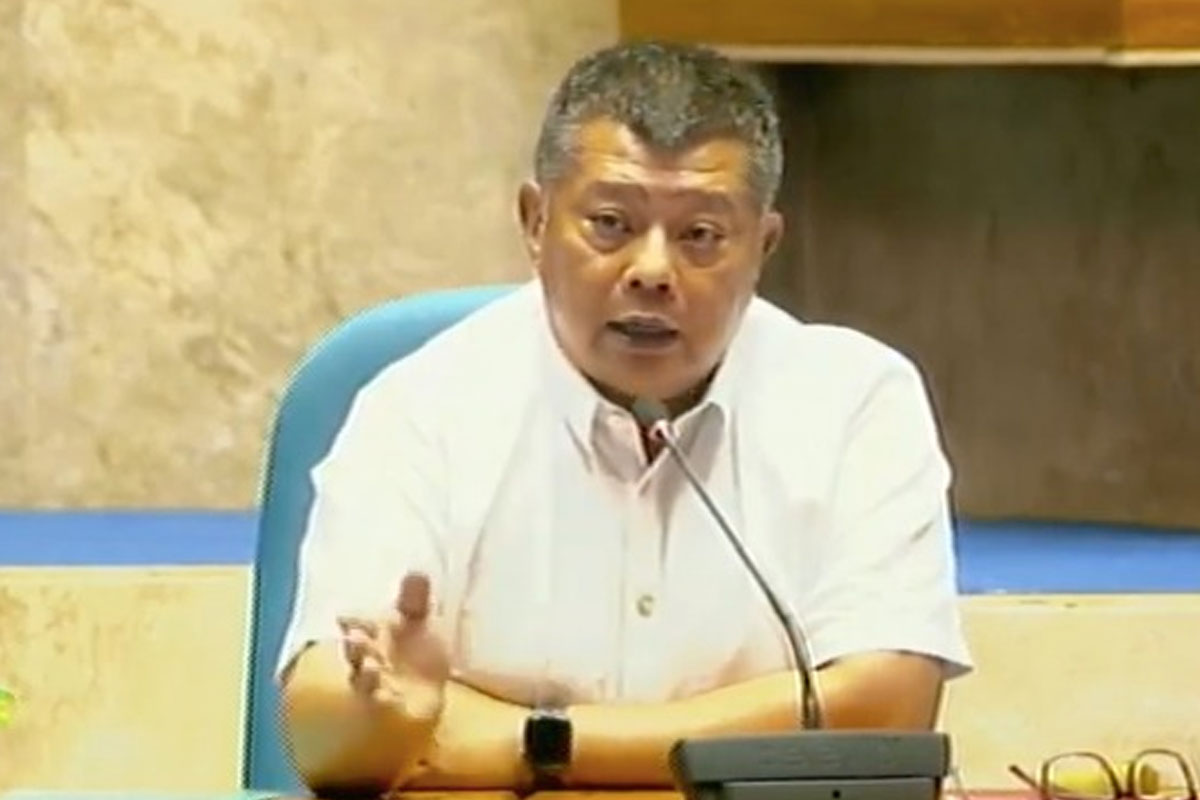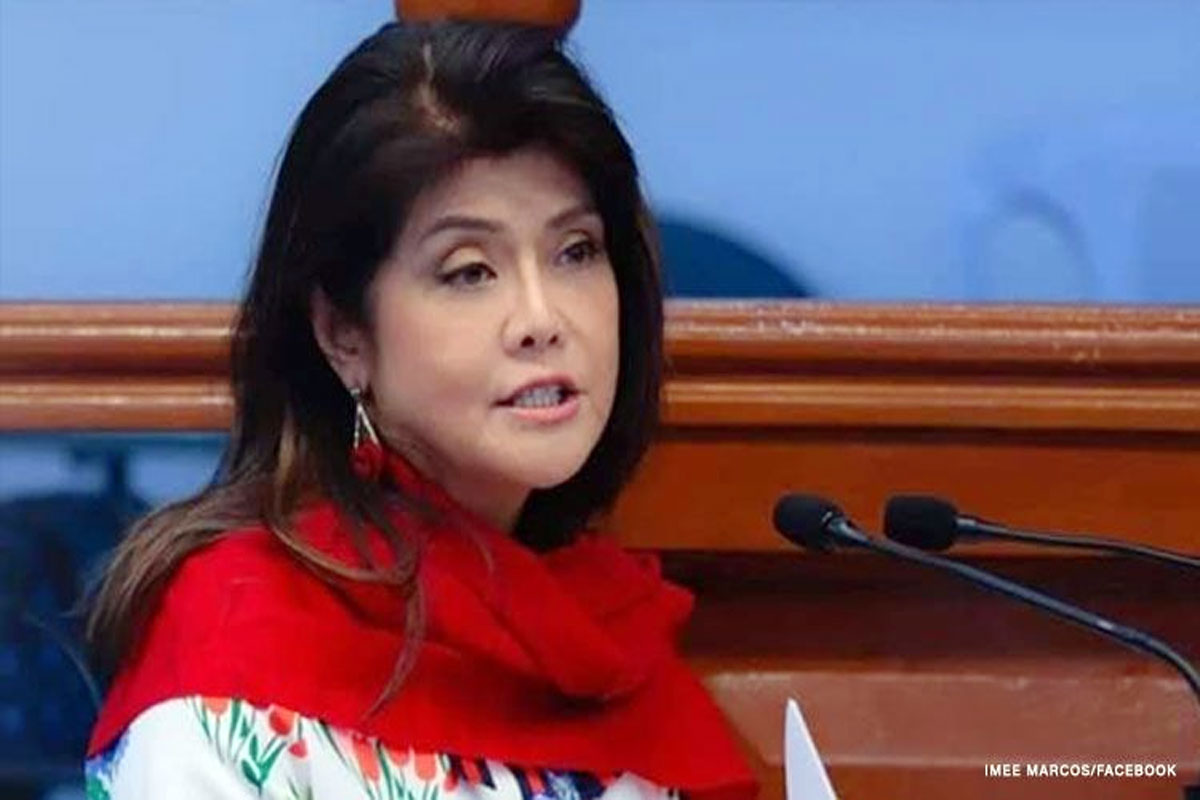
Imee: Delayed Philhealth refunds weaken hospitals’ fight vs COVID
SENATOR Imee Marcos on Wednesday warned that Philhealth’s delayed reimbursements to government and private hospitals will weaken their capacity to deal with the mutating COVID-19 virus, if not risk their outright closure.
“Complaints reaching our office show that at least P26 billion remains unpaid to private hospitals alone, while government hospitals are still owed hundreds of millions. Let’s not wait for them to shut down nor leave them ill-prepared to deal with the possible spread of the dreaded Delta variant,” Marcos said.
Philhealth recently announced that it had released some Php6.3 billion through a new system of settling hospital claims, known as the Debit Credit Payment Method (DCPM) put in place in April.
However, Marcos said hospitals were being shortchanged because the DCPM did not cover still unpaid hospital claims for COVID-19 treatment last year.
“Nor was the DCPM fully settling the 60% of hospital claims for reimbursement as directed in the government agency’s own circulars in April and May,” Marcos added.
Marcos cited the case of one private hospital that was reimbursed only Php430 million out of the Php1.2 billion it is claiming, “which is 60% of 60% – in effect, only 36% – of what Philhealth said it would pay through the DCPM.”
Even government hospitals have not received the full 60-percent reimbursement that Philhealth should have released, Marcos added.
As of May 31, the Philippine General Hospital has only received a reimbursement of 0.0042% or only Php2.56 million of its claims for COVID-19 cases totaling Php615.7 million.
The Lung Center of the Philippines said it has only been paid 40% of its receivables from Philhealth, with Php304 million still due.
The Philippine Heart Center says only 49% or Php99.47 million has been reimbursed by the state health insurance corporation, leaving a balance of more than Php100 million for claims up to March 31.
“Philhealth is fudging its numbers,” Marcos said, pointing to an online ledger known as the Reconciliation Summary Module (RSM), to which both Philhealth and hospitals have access.
“Hospitals are complaining that the RSM shows Philhealth has paid but the said payments have not yet been deposited in their bank accounts,” Marcos explained.
“Many Northern Luzon hospitals cannot increase bed capacity because they have not been reimbursed,” Marcos specified, adding that complaints from hospitals in the Western Visayas have also surfaced in the news.
The Private Hospitals Association of the Philippines (PHAPi) confirmed that partial reimbursements to its members via DCPM were concentrated in the National Capital Region (NCR) Plus bubble of Metro Manila and its neighboring provinces.
So far, only about 210 hospitals have agreed to participate in the DCPM, out of the 350 hospitals in the NCR Plus bubble and 1,270 health care facilities all over the country.
The PHAPi, which has 700 members, said that the fear of retaliation is complicating the delay in Philhealth reimbursements, as many private hospitals hesitate to be more vocal and risk waiting longer to be paid.
“Philhealth must give a clearer breakdown of reimbursements and explain the discrepancies between what has supposedly been paid and what has actually been received by our hospitals. Let’s not wait for the Delta variant to spread before kicking butt,” Marcos said.


